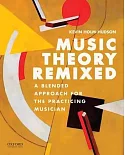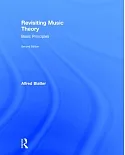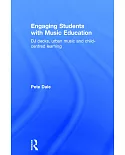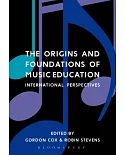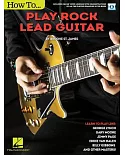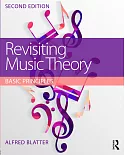In recent years Hugo Riemann's ideas have thoroughly captured the music-theoretical imagination, both in the United States and abroad. Neo-Riemannian theory has proven particularly adept at
explaining features of chromatic music where other theoretical approaches have failed, and thereby established itself as the leading theoretical approach of our time. The Oxford Handbook of
Neo-Riemannian Music Theories brings together an international group of leading proponents of Riemannian and neo-Riemannian theory for a thoroughgoing exploration of the music-analytical,
systematic, and historical aspects of this important new field. The volume elucidates key aspects of the field, draws connections between Riemann's original ideas and current thought, and
suggests new applications and avenues for further study. A number of essays suggest connections to other fields of inquiry, such as cognitive and mathematical music theory, as well as
applications in the field of metric or melodic analysis. The selection of essays is complemented by several of Hugo Riemann's key original texts, many of which appear in English translation for
the first time, and is rounded off by a glossary of key concepts for easy reference.



